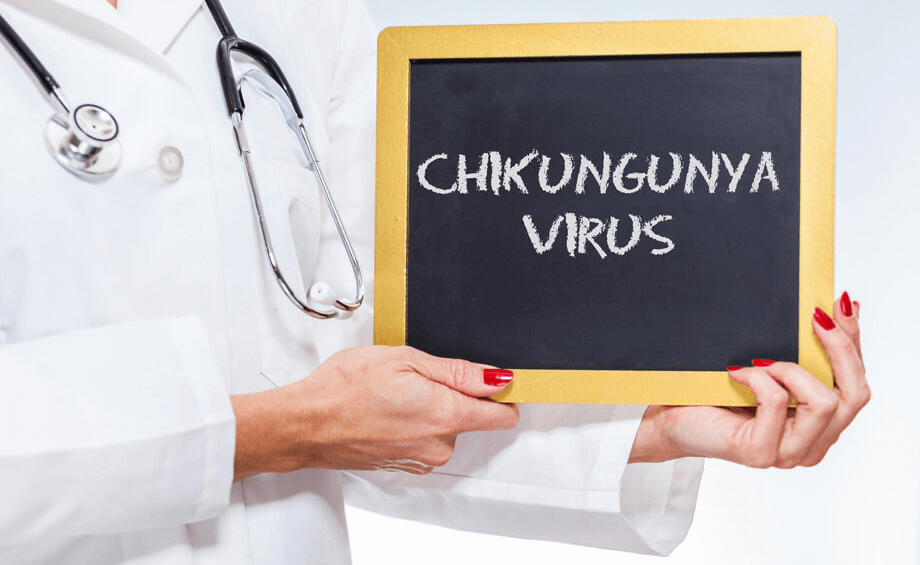
What is chikungunya?
Chikungunya is a mosquito-borne viral disease, which is spread by the Aedes mosquito.
Where is it found?
Before 2013, chikungunya virus cases had been identified in countries in Africa, Asia, Europe, and the Indian and Pacific Oceans.
In late 2013, the first local transmission of chikungunya virus in the Americas was identified in Caribbean countries and territories which means that mosquitoes in the area have been infected with the virus and are spreading it to people.
Since then, local transmission has been identified in 45 countries or territories throughout the Americas with more than 1.7 million suspected cases reported to the Health Organization from affected areas.
 How is chikungunya transmitted?
How is chikungunya transmitted?
Chikungunya virus is transmitted to people through mosquito bites. Mosquitoes become infected when they bite a person already infected with the virus. Infected mosquitoes can then spread the virus to other people through bites.
Chikungunya virus is most often spread to people by Aedes aegypti and Aedes albopictus mosquitoes. These are the same mosquitoes that cause dengue virus. They bite during the day.
Chikungunya virus is rarely transmitted from mother to newborn around the time of birth.
The virus could be spread through a blood transfusion. To date, there are no known reports of this happening.
 What are the symptoms?
What are the symptoms?
Symptoms usually begin 3–7 days after being bitten by an infected mosquito. The most common symptoms are fever and joint pain. Other symptoms may include headache, muscle pain, joint swelling, or rash.
How is it diagnosed?
Visit a doctor if you develop the symptoms described above and have visited an area where chikungunya is found.
Your doctor may order blood tests to look for chikungunya or other similar viruses like dengue and zika.
How is it treated?
There is no vaccine to prevent or medicine to treat chikungunya virus. Therefore if you experience any of the symptoms mentioned above we suggest you consult your doctor immediately. Recommended ways to treat the symptoms:
For more details go to: http://www.cdc.gov/chikungunya/hc/index.html
How do you prevent chikungunya?
No vaccine exists to prevent chikungunya virus infection or disease. Hence the best thing to do to prevent chikungunya virus infection is by avoiding mosquito bites. The mosquitoes that spread the chikungunya virus bite mostly during the daytime, hence use mosquito repellent like Goodknight Gold Flash even during the daytime. Also ensure you protect your loved ones each time they step out of home by applying 4-dots of Goodknight Fabric Roll-On on their clothes.
Protect Yourself from Mosquito Bites
1. Goodknight Fabric Roll-On: Protects you from mosquitoes every time you step outdoors, with just 4 dots.
 2.Goodknight Gold Flash : Helps you stay protected from mosquitoes indoors, during the day and night.
2.Goodknight Gold Flash : Helps you stay protected from mosquitoes indoors, during the day and night.